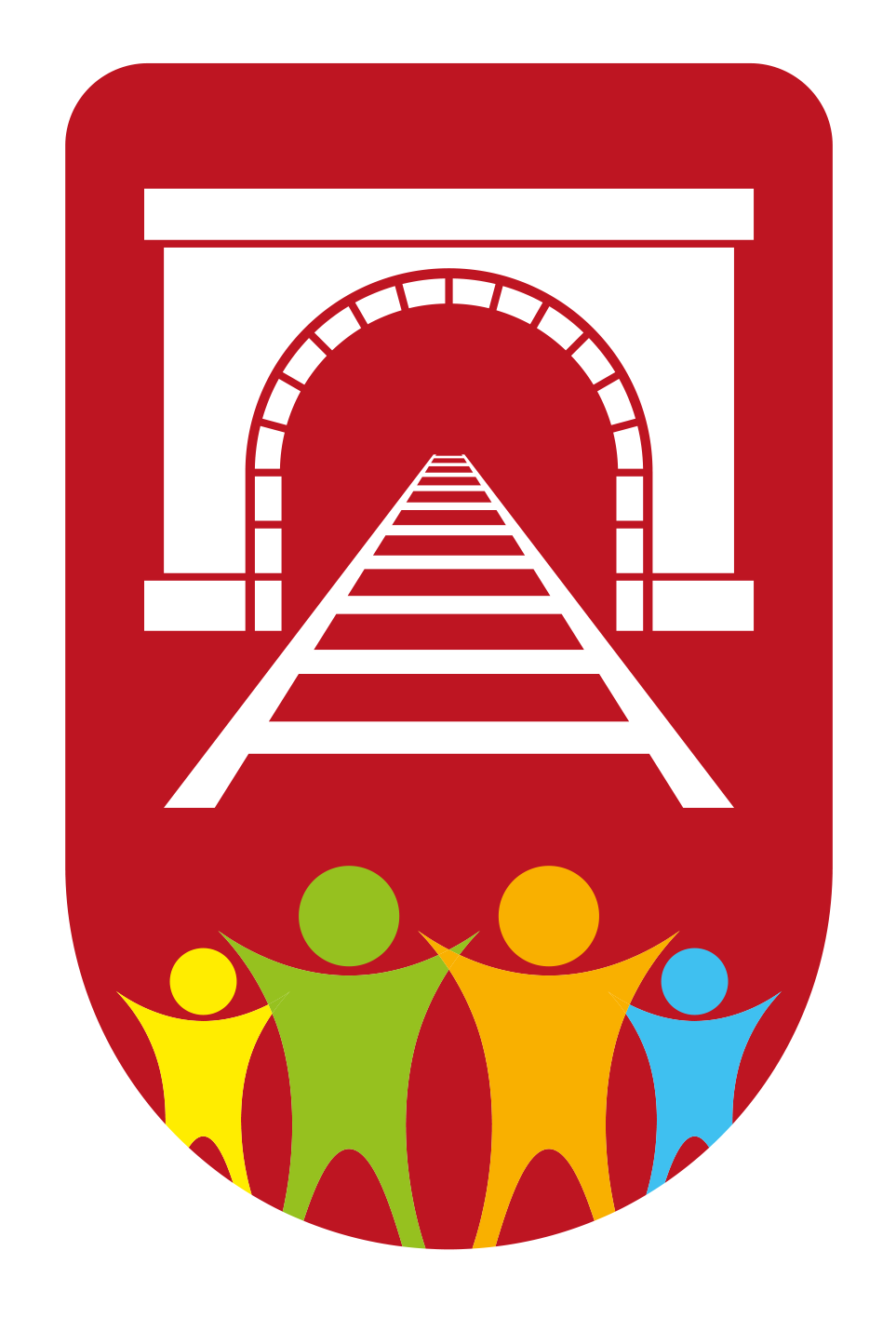History
Intent
Why is History important at Kilsby?
At Kilsby, we focus on developing the whole child, and support the children to ‘live life in all its fullness’ (John 10:10).
History is important because it helps pupils to understand and interpret the past, and therefore, the present. These link with our Christian core values of equality, forgiveness and respect.
Through history, pupils develop a deeper cross-cultural awareness and understanding of their own and others’ heritage, through looking at evidence and asking and answering questions. This links with our Christian core values of equality and respect.
History challenges pupils to view events from different perspectives, leading to greater empathy and understanding of events and situations. This works in line with our school vision, that underpins all at Kilsby to make our pupils more caring and responsible individuals for the present and the future.
Implementation
When is History taught?
History is taught through thematic units.
How is History taught?
History is taught through a combination of subject knowledge, historical skills, enquiry and fieldwork. Learning takes place both inside and outside the classroom.
What do we learn about in History?
We learn about the following:
- Old Things
- Wars (World Wars, Civil Wars)
- The Ancient Greeks
- The Inuits
- Roman Empire and Invasions
- Inventors e.g. Thomas Edison
- The Mayans
- The Benin
- Famous historical figures
- Broadcasting
- Religions
- Democracy
- Transport
- Extinction
- Animation
- Technology e.g. the Internet and World Wide Web
- The Moon Landing
- Significant local history figure / events
- Apartheid / Anti-Semitism
- Discovery of America / Native Americans
- Legacy
Who do we learn about in History?
We learn about the following individuals:
- Thomas Edison
- Walt Disney
- Mother Teresa
- Neil Armstrong
- Roman Emperors and rulers
- Martin Luther-King
- Nelson Mandela
- Rosa Parks
- Various World Leaders
- Tim Berners-Lee
- John Logie Baird
- Steve Jobs
- Carl Linnaeus
How do we assess and monitor History?
History is a subject that can be assessed through a wide variety of mediums, which changes depending on the subject. Students go on a journey, which begins with EYFS, formatively tracking discussion based upon the EYFS skills ladder. This feeds into the learning voyage through the school to upper KS2, where discussions progress to explaining how and why different historical viewpoints and interpretations have been constructed. Summative assessments will take place systematically with reference to the whole school skill ladder.

